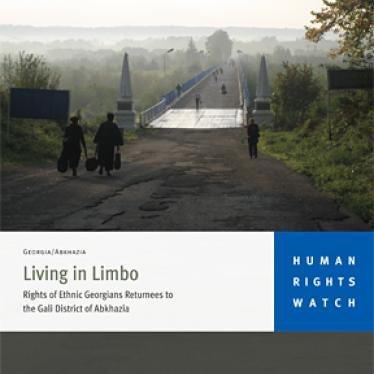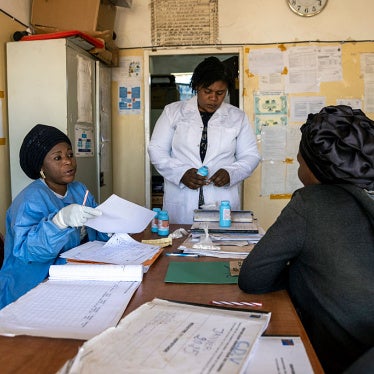They like playing dominoes in Abkhazia. As dusk falls, young men unpack their pieces on the promenade by the Black Sea in Sukhumi, the picturesque capital of this breakaway territory bidding for independence from Georgia.
Yet like playing ping pong in China, shuffling the dominoes in Abkhazia can also resonate with wider diplomatic meaning. In October, Sukhumi was proud to host the domino world championship (yes, it exists). Abkhazia didn't win – the Dominican Republic had that honour – but it achieved its goal of gaining some international attention. More than 200 players from two dozen countries attended, including a team from the US.
Abkhazia is only recognised by Russia, Venezuela and two other tiny states, and its status is part of the bitter tensions between Russia and Georgia that peaked in their short war in August 2008.
The two countries' breakthrough agreement on 9 November on customs arrangements is a sign that compromises are possible. Yet the annoyance in Washington and Tbilisi, and the pride in Sukhumi and Moscow, over such a seemingly harmless domino match (media reports told of intense, ultimately futile pressure on the US domino players, for instance, to withdraw) underline how politicised any dealings with Abkhazia really are.
This atmosphere does not make independent human rights work in Abkhazia very easy. In our meetings with Abkhaz officials on this visit, that came as no surprise, and Human Rights Watch rarely opts for the easy ride. But it means that, as in other territorial conflicts, a different, more creative approach is needed to protect the rights of ordinary people by the key players involved. In this case, those players include Russia, with its strong military and financial backing for the territory.
Take the rights of returnees after a conflict. Georgia and Abkhazia went to war in 1992-3, displacing more than 200,000 people, mostly ethnic Georgians. The 2008 battle between Russia and Georgia led to more displaced people. The only area to which Abkhazia's de facto authorities have, since 1993, allowed displaced people to return is the Gali district, close to the administrative boundary line with Georgia, where ethnic Georgians constituted 96% of the population before the war.
The fact that Abkhazia is a largely unrecognised state does not diminish the duty on the authorities, as the territory's controlling power, to meet their human rights obligations under international law. These include the right of ethnic Georgians to return unhindered to their pre-war homes.
Abkhazia is not living up to these duties. About 47,000 people have returned to Gali district, but, our research shows that Abkhaz authorities have erected barriers to their enjoyment of basic civil and political rights.
There are, for instance, discriminatory procedures in obtaining identity papers, restrictions on free movement across the administrative boundary line with Georgia, and limits on the rights of returnees to be educated in the Georgian language. We spent 90 minutes putting these points to Alexander Ankvab, Abkhazia's de facto president – a can-do politician who takes visitors' calls on his mobile.
He disagreed with most of our findings, though, and talked about the "new realities" he was building in Abkhazia – realities that the largely hostile international community would have to get used to, he noted. He showed some openness, however, on the details of boundary line crossings and access to Georgian-language education.
We said his "new realities" need to be grounded in the rights of the territory's long-established population. To make sure that happens, a constructive approach would be to identify issues, such as returnees' rights, where there is a clear legally based need for action and where simple acts would significantly help 10s of thousands of people enjoy their basic rights. Russia and Georgia's western backers need to take this approach as well. Russia has clear influence over Abkhazia and should use it, while the west would do well to recognise that positive developments on the ground could have a bearing on resolving the conflict.
This approach could be combined with steps to restart human rights monitoring and protection programmes in Abkhazia by international organisations such as the United Nations and the Organisation for Security and Co-operation in Europe, which were forced to withdraw following the 2008 conflict.
After all, Abkhazia's evident moves to institutionalise its sovereignty, through playing dominoes and by other means, should not come at the cost of human rights, including the rights of returnees to live peaceful lives.
Hugh Williamson is the Europe and Central Asia director at Human Rights Watch.








